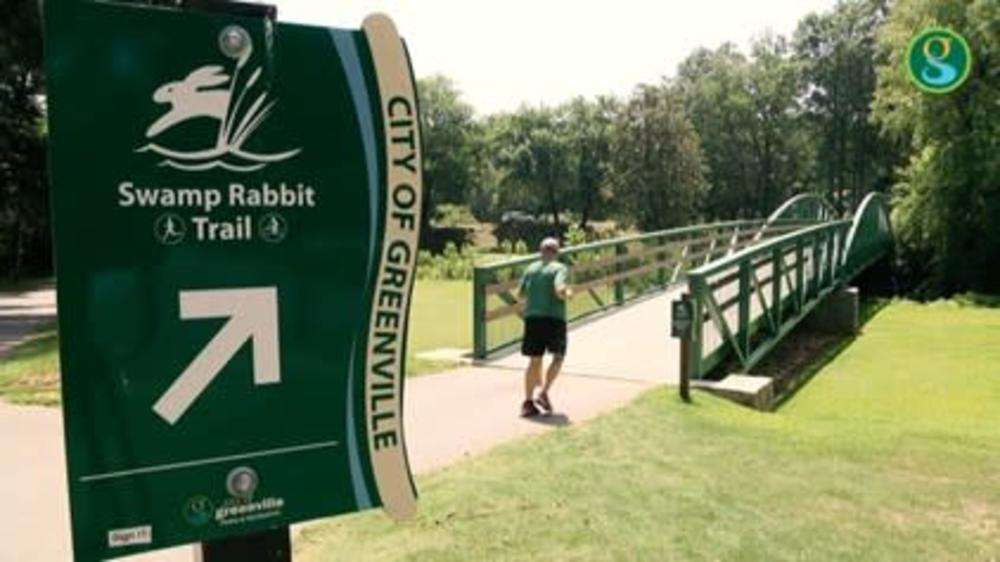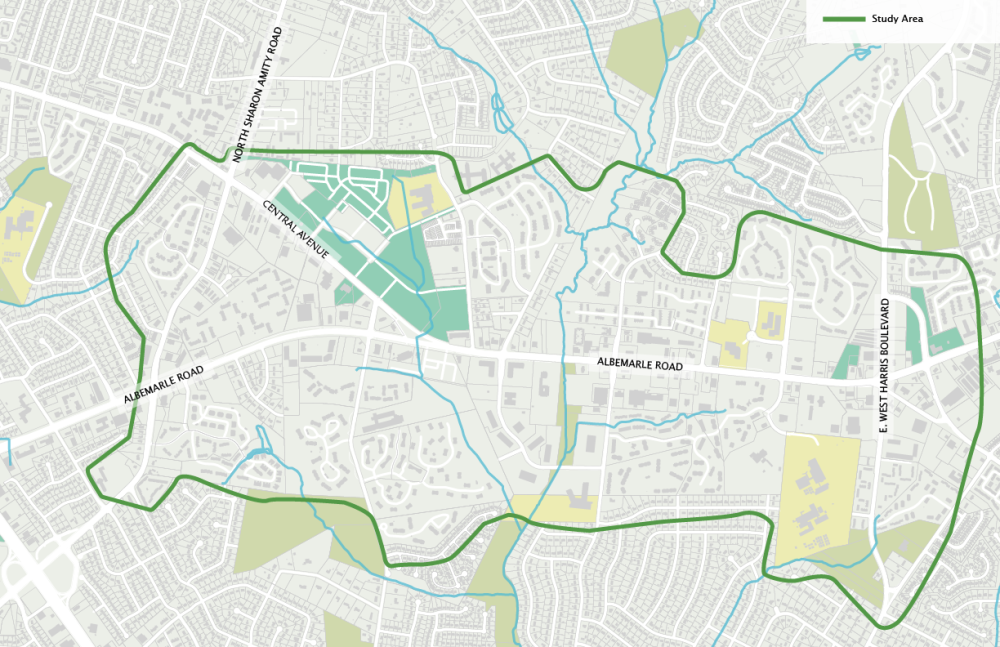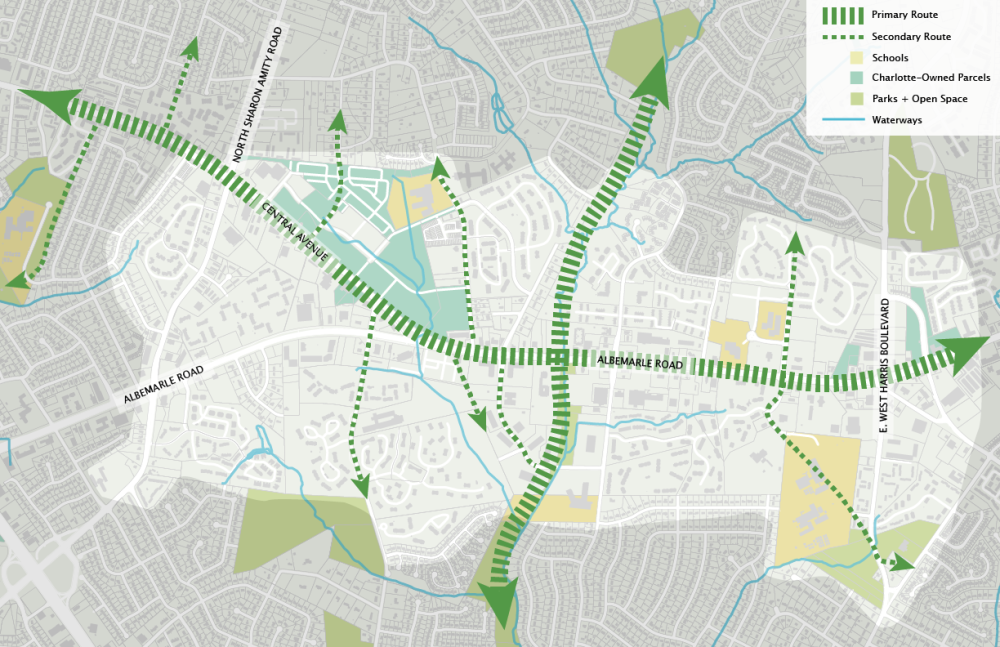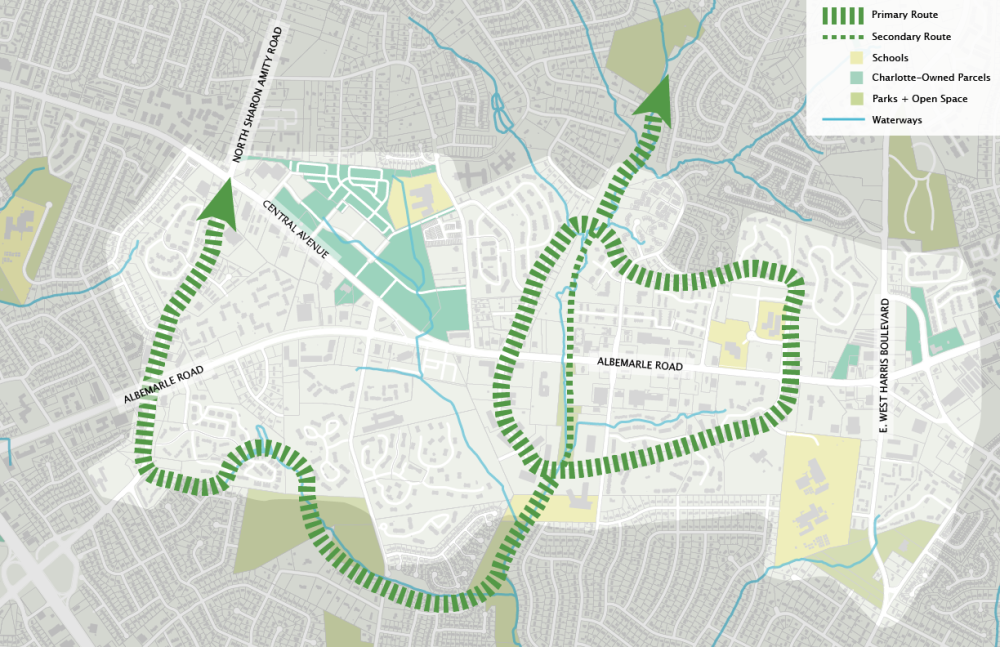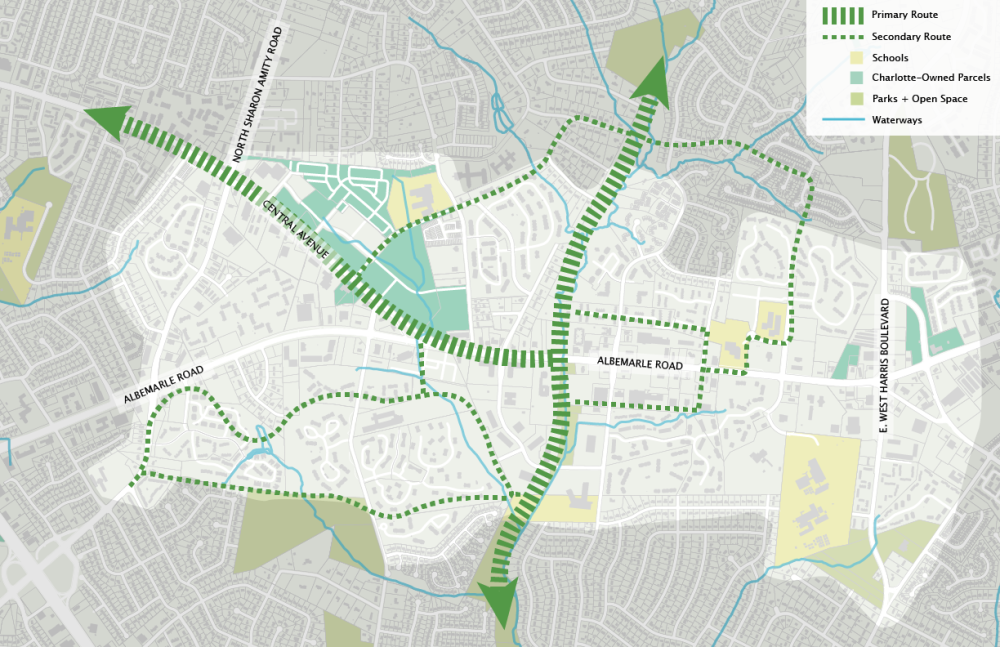Albemarle Corridor Cultural Trail Survey
Albemarle Corridor Cultural Trail Survey
In 2020, the City of Charlotte launched the Corridors of Opportunity program to provide job creation, high-quality services, and viable, long-term career paths for residents in six main neighborhoods located along roadway corridors throughout the city. Albemarle Road is one of those corridors. In the city’s findings from its previous community engagement, it identified one key idea: a cultural trail that would enable multi-modal transportation for residents along this corridor and celebrate the community’s cultural and ethnic diversity. The City of Charlotte is looking into the Albemarle Corridor Cultural Trail as a project that would serve as a vital transportation option for this corridor, connect existing and planned greenways, help spur economic development, and celebrate the history and character of the area.
This survey has a total of 10 questions and should take about 5 minutes to complete. The purpose of this survey is to help us gather feedback about the priorities and concepts for connectivity proposed for the Albemarle Corridor Cultural Trail.
WHAT IS A CULTURAL TRAIL?
A cultural trail is a bikeway/walkway with an additional focus on the authentic history and character of the community it flows through. Cultural trails are often found as links between urban hubs and alongside pedestrian paths and parks. This connection provides safe mobility for all citizens to engage and participate in the local economy while serving as a catalyst for economic growth.
The Swamp Rabbit Trail (pictured above), located in the city of Greenville, SC, is one example of a cultural trail. It creates economic development, provides safe mobility, focuses on active transportation and serves to enhance the history and character of the community.
Above is the study area for the Albemarle Corridor Cultural Trail located in East Charlotte. The trail extends through residential neighborhoods and commercial destinations throughout the corridor.
NOTE: Questions start below. If you cannot see them on your mobile device, please exit out of reader view. If you continue to encounter issues, please contact tabitha.warren@charlottenc.gov.
Values Input: In order to best understand resident and visitors’ desires, we’ve designed these questions to help capture your input on what the project looks like in values, appearance and community representation.
Value Reflection: As a part of a separate Urban Land Institute study done in partnership with the City of Charlotte and the community, three high-level concepts were developed for a "Culture Trail" that would better connect the community while offering more equitable transportation and recreation options for the neighborhood and surrounding area:
- The Main Line
- The Neighborhood Connector
- The Retrofit
These concepts explore three different visions for the comprehensive connection based on varying priorities. These concepts are not concrete examples of what the end project may look like.
The Main Line concept (map above) focuses on providing connections to and from places as directly as possible, with an emphasis on places of commerce. The line would potentially overlap with planned greenway projects and with proposed mobility enhancements down the line. The project values for the Main Line are investment, connectivity and utility.
The Neighborhood Connector concept (map above) looks at building off the existing natural corridors for the community, creating a hierarchical loop with pockets that celebrate the community’s various cultures. Looking to connect single-family subdivisions with future greenways, additional recreational opportunities, and existing commercial strips, the project values for the Neighborhood Connector are nature, recreation and neighborhoods.
The Retrofit concept (map above) looks at improving pedestrian and biking infrastructure by providing connectivity to existing key destinations. This iteration would be gradually built out as future development comes into the community, creating a cohesive trail as time progresses. The project values for the Retrofit are development-oriented, integration and space-efficiency.
The following demographic questions are optional.
